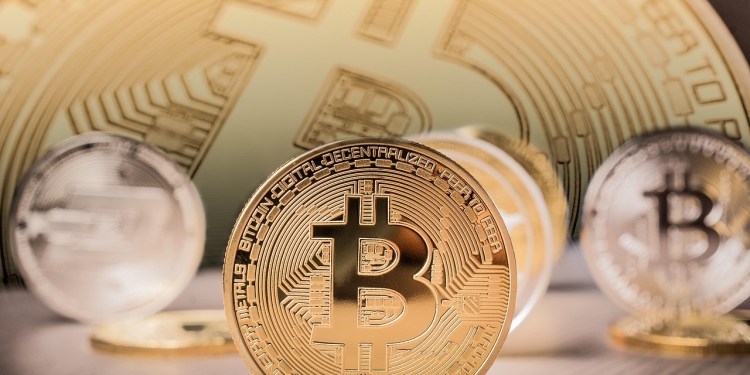Billionaire investor Ray Dalio, founder of the world’s once-largest hedge fund Bridgewater Associates, delivered a stark warning to investors during his appearance on CNBC’s Master Investor Podcast, urging immediate portfolio restructuring to combat what he describes as an inevitable currency collapse.
The legendary investor recommended allocating 15% of investment portfolios to alternative currencies like Bitcoin or gold as traditional financial systems approach critical failure.
Dalio painted a apocalyptic picture of America’s fiscal situation, highlighting that the U.S. government collects approximately $5 trillion in revenue while spending $7 trillion annually—a staggering 40% deficit that has pushed national debt beyond $37 trillion. This unsustainable trajectory, he argues, creates a “debt doom loop” that threatens the entire Western financial system.

Portfolio Shift Recommendations
“We are at the point of no return,” Dalio declared, explaining that the government will need to issue nearly $12 trillion in new Treasuries next year simply to service existing debt obligations.
He compared the mounting debt crisis to arterial plaque, warning that rising debt service payments and interest rates are beginning to “crowd out other spending—like plaque in the circulatory system—creating a problem akin to an economic heart attack.”
The hedge fund titan emphasized that this crisis extends far beyond American borders, noting that all Western-led economies face similar structural challenges. Drawing parallels to historical economic collapses of the 1930s and 1970s, Dalio predicted these currencies will “all tend to go down together” relative to hard assets like gold and Bitcoin.
“The credit system is like a circulatory system that brings nutrients—buying power—to different parts of the economy,” Dalio explained. “But when debts, debt service payments, and interest rates rise, they begin to crowd out other spending, creating systemic problems.”
Dalio’s Measured Skepticism
While Dalio maintains a strong preference for gold over Bitcoin, he acknowledged the cryptocurrency’s growing legitimacy as a monetary alternative. “I can’t say exactly how effective it is as a form of money, but it’s being perceived by many as an alternative,” he stated, revealing that his personal portfolio includes both gold and “a small amount of Bitcoin.”
The investment guru’s nuanced view of Bitcoin reflects both its potential and limitations. He recognizes Bitcoin’s appeal as a decentralized store of value with limited supply—characteristics that could provide defense against fiat currency erosion. However, he expressed concerns about Bitcoin’s volatility, regulatory exposure, and lack of adoption by central banks as an official reserve asset.
“I strongly prefer gold to Bitcoin—but that’s up to the individual,” Dalio clarified, emphasizing that the choice between these assets matters less than the fundamental strategy of diversifying away from depreciating fiat currencies.
For investors seeking optimal risk-adjusted returns, Dalio’s recommendation is clear: “If you were optimizing your portfolio for the best return-to-risk ratio, you would have about 15% of your money in gold or Bitcoin.”





